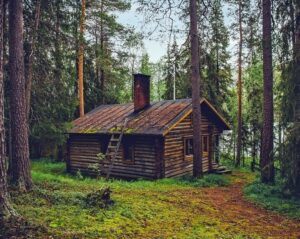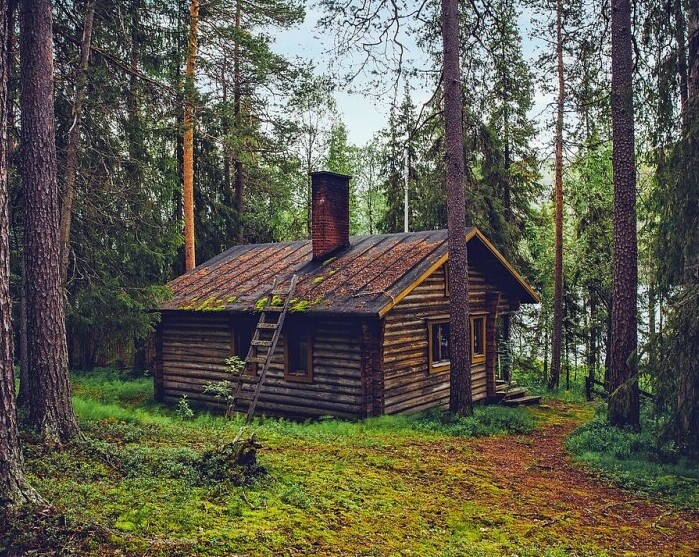What You Need to Know About Unexpected Costs and Other Factors

Living off the grid conjures images of self-sufficiency, freedom, and a close connection to nature. However, the reality is that the cost of living off grid is often misunderstood. Here’s an in-depth look at what it truly takes to achieve this lifestyle.
Cost Considerations for Going Off Grid
When planning to live off the grid, it’s essential to understand that the initial investment is substantial. A reasonable budget starts at around $100k, with $150k still considered a reasonable amount. Despite the common misconception that living off the grid is cheaper, the savings from this lifestyle will occur eventually, not immediately. The initial high investment is a significant factor that many overlook.
Factors Influencing Costs
Your goals and lifestyle needs will greatly affect the costs of going off the grid. Some people are content with minimal amenities, opting to “go primitive,” while others might need more comforts and luxuries. Families with children, for instance, require more stability and additional resources.
Initial Investments
Here’s a breakdown of where your money will go initially:
- Land Purchase: Finding a suitable piece of land is the first step.
- Equipment: This includes solar panels, wind turbines, batteries, charge controllers, and inverters.
- Building Materials: Lumber, nails, screws, and tools are necessary for constructing your home.
- Gardening Supplies: Seeds and equipment for growing your food.
With $100k being a low estimate for off-grid properties and homes currently on the market, wise purchases and thorough research are crucial for stretching your budget.
Perception of Costs
Building a simple log cabin can cost around $25k, while a tiny house or shipping container home might range from $50k to $60k. In contrast, typical suburban homes can cost around $250k. This stark difference highlights that although the initial investment for off-grid living is significant, it is still more affordable compared to conventional homes.
Expected Expenses
- Land: Expect to spend between $50k to $100k.
- Home: Building a home, including solar and wind power systems, can also cost between $50k to $100k.
- Labor and Materials: These represent a significant portion of the overall expenses.
Solar System Costs
Solar systems are a major expense, with costs ranging from $5k for a 1500W system to over $25k for a 3500W system. Fortunately, financing options and government tax credits can help offset some of these costs.
Additional Expenses
Additional costs can include:
- Septic System and Concrete Foundation: $25k to $50k.
- Labor: If you don’t plan to DIY, labor costs can double the cost of materials or more.
- Miscellaneous Fees: Impact fees, hookup fees, survey fees, plat fees, permitting, title searches, insurance, closing costs, and commissions can all add up.
Overall Costs
A total of $100k for land and a home is a bargain when considering the self-sufficiency needs of power, water, and food. While the initial higher cost might seem daunting, it should be seen as a reality check rather than a discouragement. Although it’s possible to go minimalist, this lifestyle still requires time and money.
Conclusion
Living off the grid is both possible and rewarding. Although the initial costs are higher than many expect, they are achievable with careful planning and budgeting. The long-term benefits and the significant lifestyle change can be fulfilling and well worth the investment.
By understanding the real cost of living off grid and making informed decisions, you can embark on a journey towards a more self-sufficient and sustainable way of life.
This article does not represent all scenarios. It is meant to inform you, the reader, of the potential expenses that can be associated with off grid living. It is not meant to discourage or challenge other writers. It is just something we all need to consider before going off grid and living a simpler life. Good Luck to you all. I hope this article helps you in some way and encourages someone to start the off-grid life.

